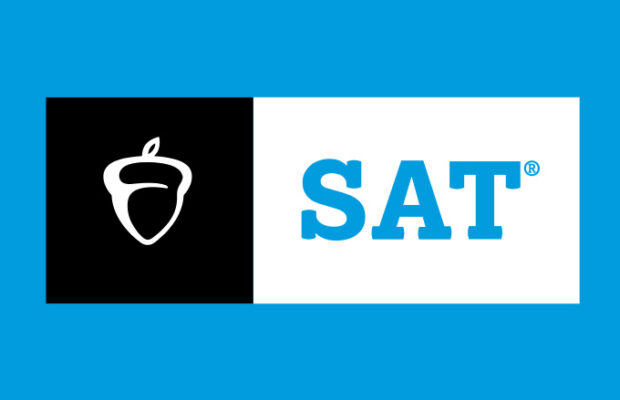New York soda ban creates controversy
In March 2013, the law that will ban sodas in restaurants in New York takes effect. It will ban the sale of sugary beverages larger than 16 ounces. This hard restriction is due to the high rates of obesity in the city; 58 percent of the adults are considered overweight, according to Mayor Michael Bloomberg. This action was a step not only to reduce obesity, but also to encourage a healthier lifestyle.
There is a lot of controversy around the whole subject. The NAACP and the Hispanic Federation claim that it will be very harmful to small businesses. They won’t be allowed to sell the beverages, but large competitors will still carry the banned sugary pops in places other than New York.
There is also a discussion about the government getting involved in the citizens’ personal choices. “I think that if people want to make unhealthy decisions, it should be their own choice. The government shouldn’t ban things that don’t harm anyone besides that person,” senior Anna Love said.
Even though there’s a strong negative view over this new approach, Bloomberg said it is worth it. He said that obesity is a big problem in the entire country, and his intention is to make New York a healthier place. He said the law will help to decrease diseases like diabetes and heart disease. Another motivation to this is that the city spends around $4 billion each year on medical care for overweight people.
It is no news that soft drinks are extremely unhealthy. Very often new research points new discoveries about more damages soft drinks can cause in the body. According to the American Heart Association, men shouldn’t have more than nine teaspoons of sugar a day, and women, six.
On average, people have from 18 to 23 teaspoons of added sugars a day. Those who consume pop regularly can get even more than the recommended amount of sugar. A regular 20-ounce of the beverage carries about 16 teaspoons of high-fructose corn syrup.
Critics also say that there is no sense banning only pop. A diet that causes obesity includes much more than only pop. They say that New York, in this case, needs a more flexible alternative.
Senior Josh Thompson agreed. “The government should not interfere with individuals’ diets, but instead the government should interfere with the companies that are making drinks that could be potentially unhealthy and set tighter regulations on ingredients,” he said.
The Food and Drug Administration and the Center of Science in the Public Interest suggest the same. They filed a petition intending to identify a safe level of high-fructose corn syrup in beverages so safe levels can be applied to the products.
Like it or not, the initiative in New York may reverberate in the entire country as everyone continues the quest to find alternative solutions to decrease the high rates of obesity and diabetes.









You must be logged in to post a comment Login